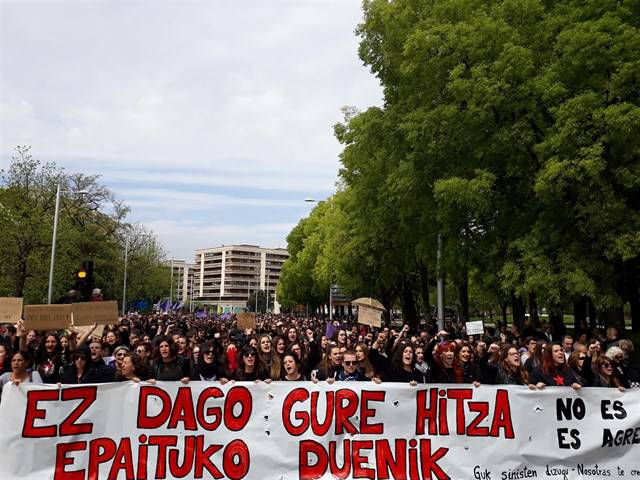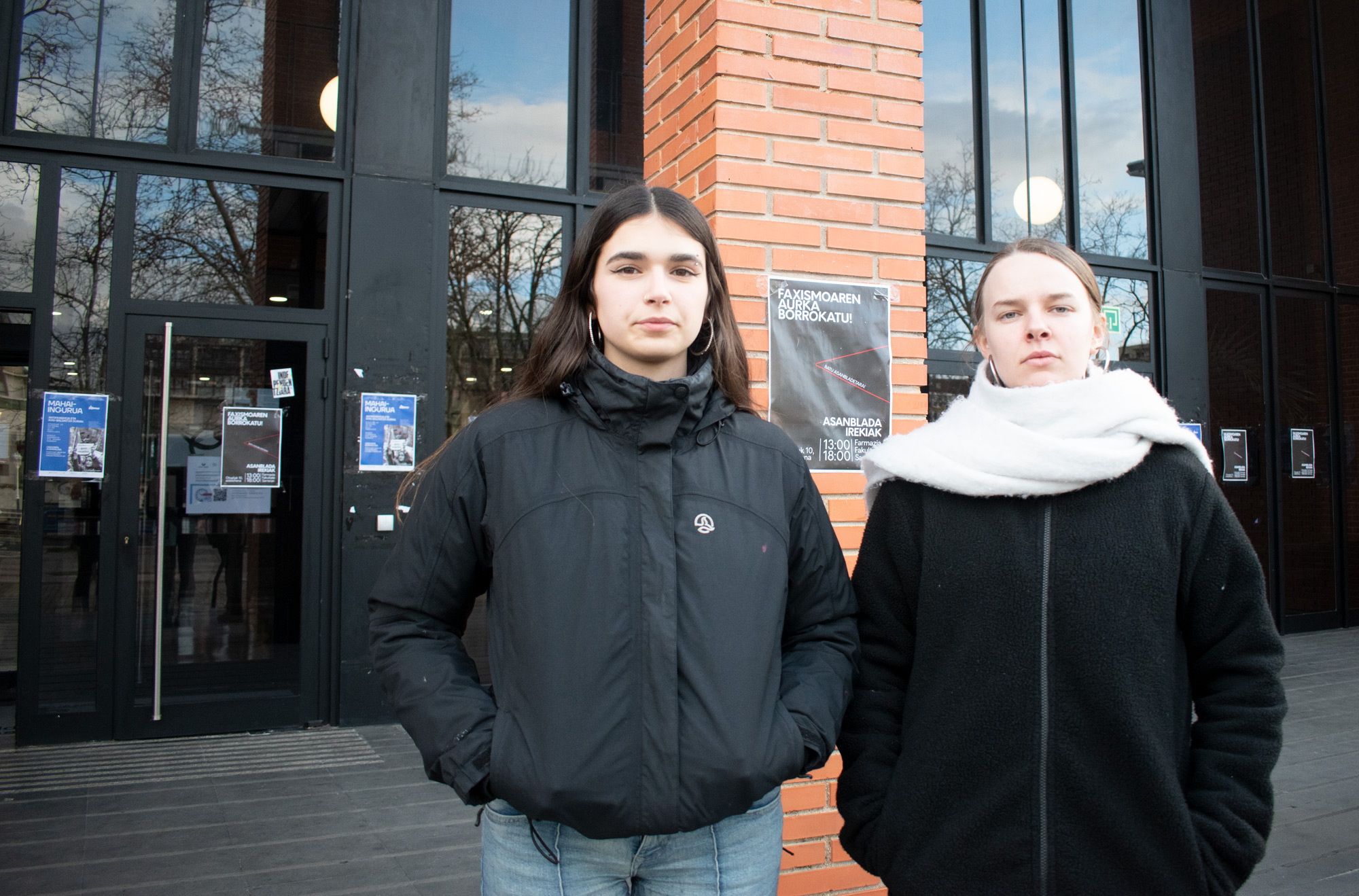"Even if they take us with many representations of sexual risk, women don't give up the space for free."
- Nerea Barjola (Santurtzi, 1980) studied in her doctoral dissertation the discourses on Alcasserko's crimes, especially the sexual risk that prevailed among them. Research is born as an academic work, but the author clearly tells us: “I am a grassroots feminist,” so soon on the street, since then, she has been working on the elaboration of a book that will be readable to all.

The case of Alcasse was very media and it is also said that it was a milestone on Spanish television. Why did this happen? The
media exploited the case for many of the features exposed during the time of its disappearance. At first, everything was limited to the search: the parents of the adolescents thought that the media was the right way to find their daughters. At that time, somehow, a debt was generated that, after the girls' explanation, was used by many media outlets to get as much information as they wanted. That's where the boom emerged. It's not that parents were willing to talk about everything: they were telling their stuff to a trusted person. What is reprehensible is how that information was used in the future. However, according to my work, there were no changes in the media: they were the tool to construct a report of sexual risk and, thus, maintain the status quo sexist. On the other hand, the milestone is found in the women's bodies, as their report referred to them and they were the ones who suffered the most.
He says that the discourse of “sexual terror” prevailed. What is this discourse about?
I have based myself on a concept of Foucault: discipline. It is called discipline operations that are used to control the body. They control the body to get docile bodies. I have added to Foucault’s concept of discipline “sexual terror”. The representation of this sexual terror means that we women give up various operations. For example, in the media, it was noticed that girls had hitchhiking. That is, it was not analyzed what prompted two adult men to sexually welcome and torture three adolescents, what relations exist in society for this to happen. The blame was thrown at the teenagers, and what did they do? Hitchhiking. As a result, most of the teenagers of that time lived the stop as something very dangerous. With this, you're being constrained by an activity and a space, because the autostop that was used to move from one place to another was mobility.
It relates the appearance of these discourses with feminist advances. With what progress?
Between 1975 and 1992, the year in which the girls disappeared, in the newspaper library I studied all the speeches made in the press to see the context of the case. The context offers us a global view of the meanings we are analyzing, of how society understands them and of what resources society has, of what mechanisms, to understand sexual violence. In the newspaper library, I noticed that the goal of the counterweights was to re-establish certain limits that women should not cross. In the 1970s and 1980s, the feminist movement made great strides: a lot of work was done on myths and stereotypes, and legislative changes were being achieved. This influenced society. The approval of the divorce law was a direct blow to their vision of the family institution. Contraceptives, the abortion law… were related to the autonomy of women’s sexuality. On the other hand, sexual assaults are the main exponent of the male violence suffered by women, so the reform of the Penal Code of 89 represented a major change at that level. So if you put on one side all the resources and tools that the feminist movement has put on the table, and on the other side the speeches that make up Alcasser's story, you realize that they were meant to destabilize the advancement of the feminist movement.

You said that Alcasser was not something exceptional, but a symptom of a larger structure.
Yes. I have used this concept of the philosopher Agamben: situations that are managed and understood as exceptional reveal in themselves the essence of the norm. That concept serves me to integrate Alcasser into everyday life. It wasn't an exception, it was within social boundaries.
You have interviewed several women who lived through Alcasser’s case to measure the impact of the sexual risk discourse. Although the anti-feminism apparatus is strong and the case of Alcasserko is of great importance, I realized that they did not get women to calm
down. I interviewed several women who had suffered the Alcasser and many of them went back to hitchhiking later, despite the fear. I do not mean that we have to stop even with fear, but that even if we are caught up with many representations of sexual risk, we women do not give up the space for free.
How do you break that speech?
Educated in feminism, in a transversal way, at all levels. Bringing feminism to classrooms: feminism, feminism and more feminism. There is no other way. To do this feminism, we have to put people ready, because in that work, they don't become feminists based on high feminist education.
Is it important to disseminate this type of academic work?
My main concern was not to stay in an academic text. Since I defended the thesis until today I have rewritten the text over and over again, until I get the book that I would have read. I am very pleased with the Barcelona editorial, which is a committed editorial, and which uses a free, basic license for the dissemination of knowledge. I really want to go out and share it with the feminist movement. In addition, I have a commitment to the women who participated in the talks. It was for me the most powerful part of the work: how the unknown people opened up. Part of that is why I've worked to publish, to translate that work. In addition, in Valencia, many people feel the need for a text on Alcasser that does not follow the usual line.
Nire kezka nagusia Alcasserko krimenari esanahi feminista berria ematea zen, zeren, orain arte, nork hitz egin du Alcasserko krimenari buruz? Forentseek, kazetariek, antropologoek, kriminologoek… Bakoitza bere ikuspegitik. Baina emakumeek ez dugu hitz egin Alcasser, arrisku sexualari buruzko diskurtsotzat, guretzat izan zenaz. Alcasserkoaren inguruan nagusitu den isiltasunaren norainokoa adierazten du gaiari buruz hitz egin ondoren emakume askok lasaitu handia hartu izanak. Bat batean, norbait ez zaie ari krimen beldurgarri bati buruz, kategoria politiko bati buruz baizik, hots, eratutako kontaketa bati buruz: deseraiki dezagun.
Elizak 23 kasu ditu onarturik Nafarroa Garaian. Haiek "ekonomikoki, psikologikoki eta espiritualki laguntzeko" konpromisoa adierazi du Iruñeko artzapezpikuak.
15 urteko emakume bati egin dio eraso Izarra klubean jarduten zuen pilota entrenatzaile batek.
Lestelle-Betharramgo (Biarno) ikastetxe katolikoko indarkeria eta bortxaketa kasuen salaketek beste ikastetxe katoliko batzuen gainean jarri du fokua. Ipar Euskal Herriari dagokionez, Uztaritzeko San Frantses Xabier kolegioan pairaturiko indarkeria kasuak azaleratu dira... [+]
Bi neska komisarian, urduri, hiru urtetik gora luzatu den jazarpen egoera salatzen. Izendatzen. Tipo berbera agertzen zaielako nonahi. Presentzia arraro berbera neskek parte hartzen duten ekitaldi kulturaletako atarietan, bietako baten amaren etxepean, bestea korrika egitera... [+]
Martxoak 8a heltzear da beste urtebetez, eta nahiz eta zenbaitek erabiltzen duten urtean behin beren irudia morez margotzeko soilik, feministek kaleak aldarriz betetzeko baliatzen dute egun seinalatu hau. 2020an, duela bost urte, milaka emakumek elkarrekin oihukatu zuten euren... [+]
Neska adingabeari sexu abusuak era jarraituan egin zizkiola frogatutzat jo du Bizkaiko Lurralde Auzitegiak.
1989tik 2014ra, Frantzia mendebaldeko hainbat ospitaletan egindako erasoengatik epaituko dute. 74 urte ditu Joel Le Scouarnec zirujau ohiak, eta espetxean dago beste lau sexu eraso kasurengatik.
Lau mila karaktere ditut kontatu behar dudana kontatzeko. Esan behar ditut gauzak argi, zehatz, soil, eta ahalko banu polit, elegante, egoki. Baga, biga, higa. Milimetrikoki neurtu beharra dut, erregelaz markatu agitazioa non amaitzen den eta propaganda non hasi. Literarioki,... [+]
We learned this week that the Court of Getxo has closed the case of 4-year-old children from the Europa School. This leads us to ask: are the judicial, police, etc. authorities prepared to respond to the children’s requests? Are our children really protected when they are... [+]













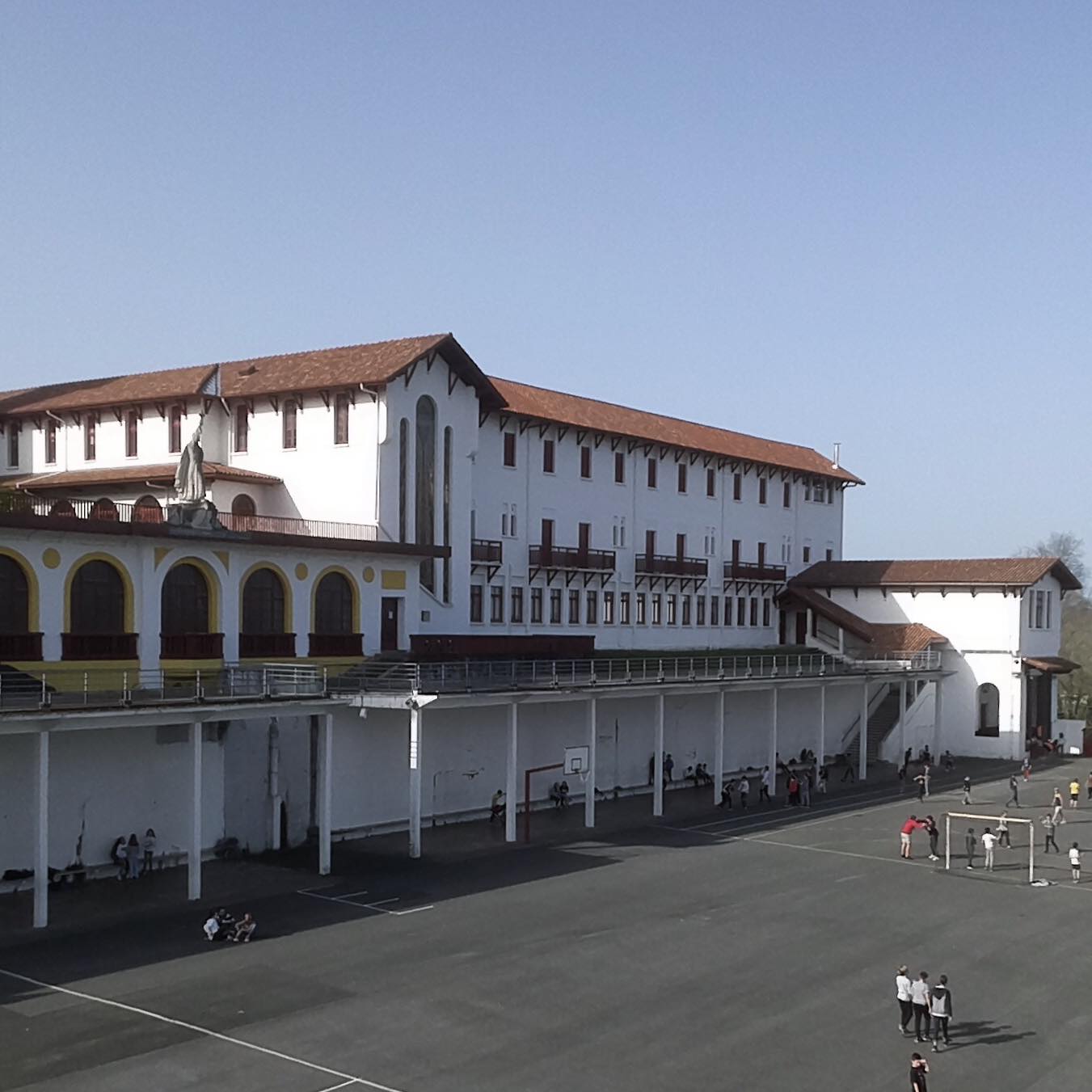

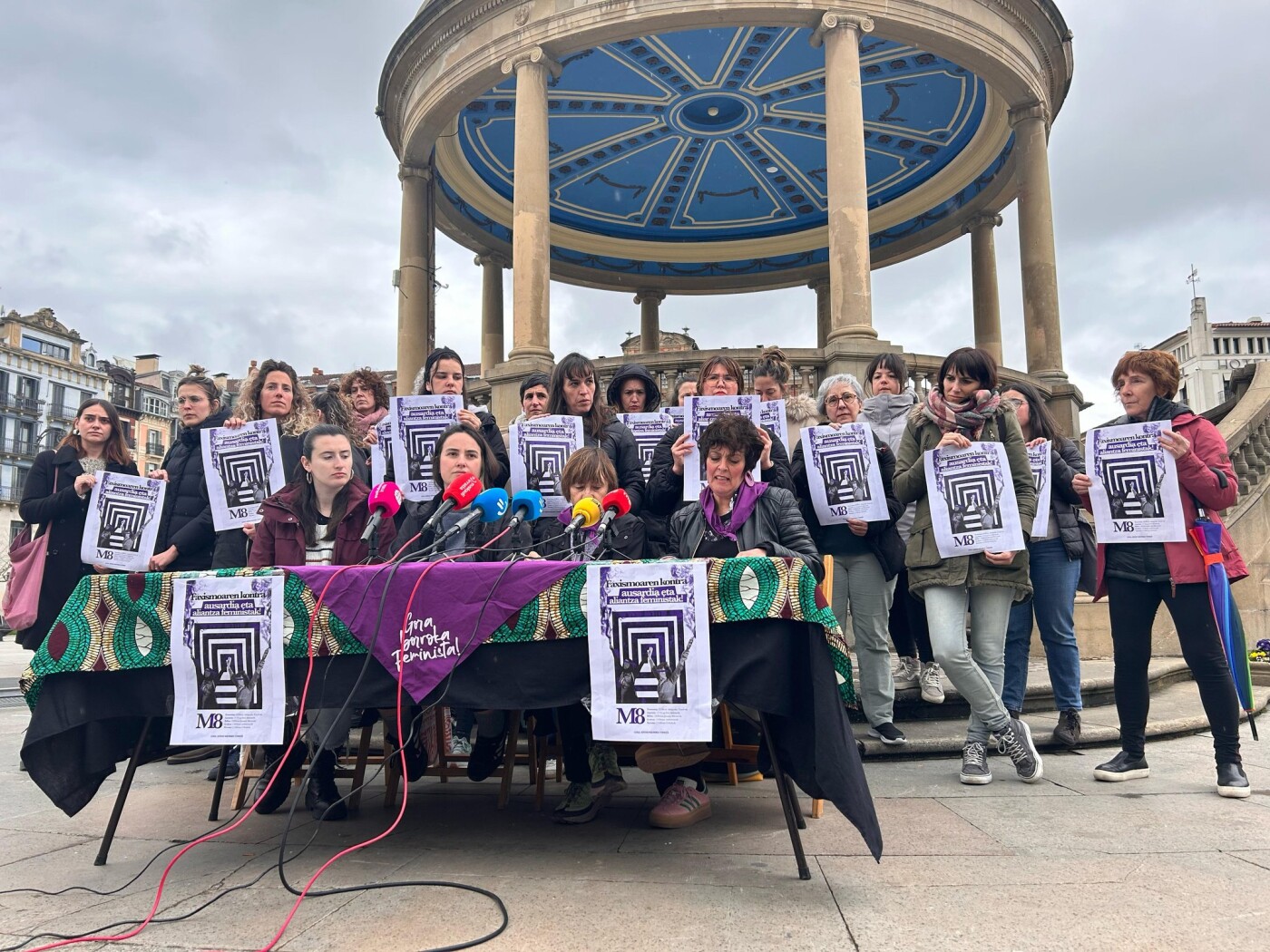



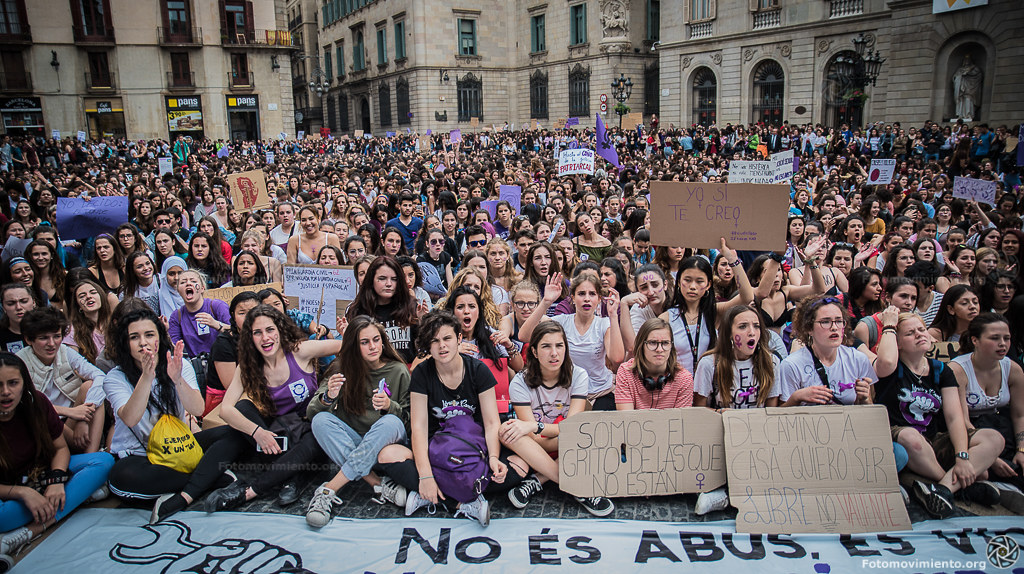
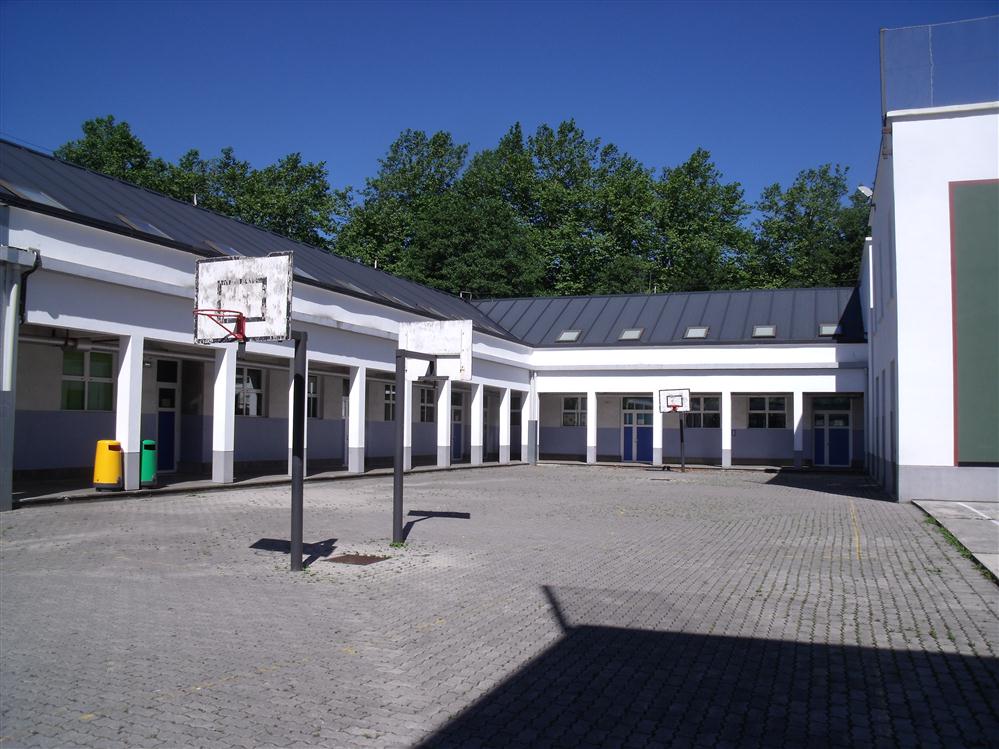
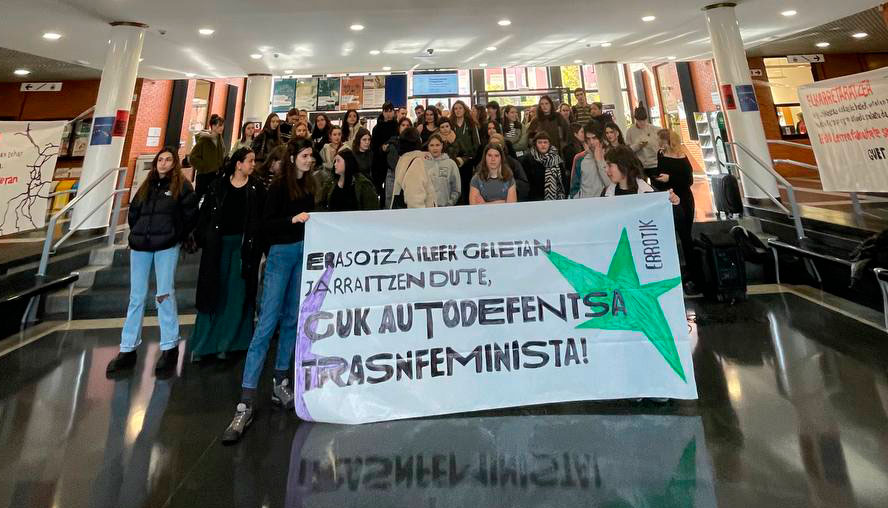
_2.jpg)
